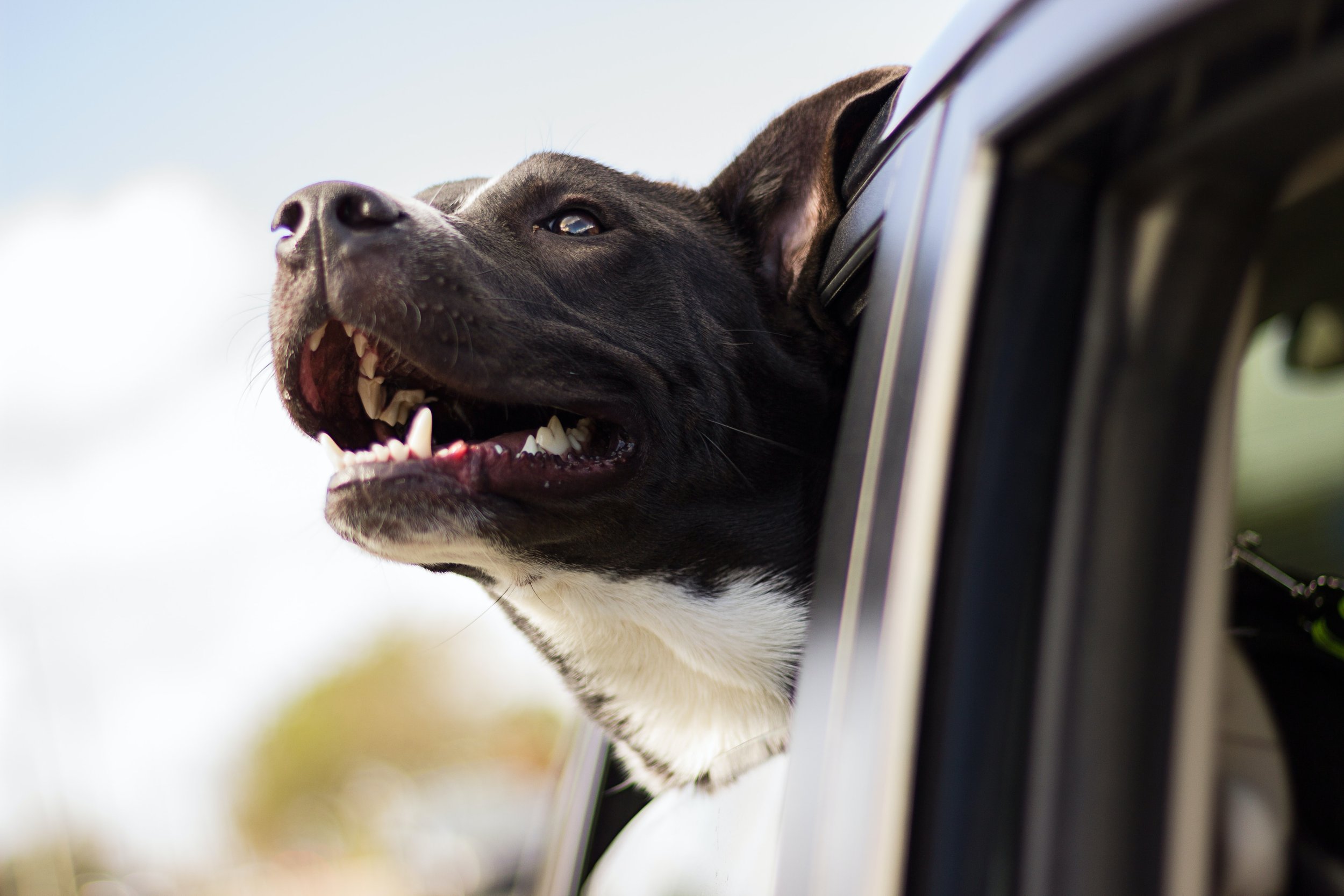
A safe height to jump from.
Treatment of old age starts from a young age.
If you're here, you're probably concerned about your senior dog's safety when it comes to jumping. As our furry friends age, their joints and muscles need a bit more TLC. Let's dive into how we can keep their leaps both joyful and safe.
Understanding Safe Jump Heights
Allowing dogs to repeatedly jump from heights exceeding their standing shoulder height can lead to painful joint issues as they age.
This repetitive stress can contribute to conditions such as osteoarthritis and joint and ligament strains, which are very common and painful for older dogs.
Factors Influencing Jumping Safety
Several elements affect how high a dog can jump without injury:
Breed and Size: Larger breeds may have the physical capability to jump higher, but this doesn't necessarily mean it's safe for them to do so. Conversely, smaller breeds might be more agile but are also susceptible to joint strain from excessive jumping.
Age: As dogs age, their joints, bones and muscles become less resilient, increasing the risk of injury from jumping.
Health Status: Dogs with pre-existing conditions like arthritis or hip dysplasia are at a higher risk of injury from jumping activities.
Recommendations for Senior Dogs
To protect your senior dog's joints and prevent injuries:
Assist with Furniture Access: If your dog enjoys snuggling on the bed or couch, help them up and down to reduce joint stress.
Use Ramps or Stairs: For vehicles or high furniture, consider using dog ramps or stairs to facilitate safe access. This approach minimises the impact on their joints and prevents potential injuries.
Implement Calm Exits from Vehicles: Before allowing your dog to exit the car, calm them with treats and positive reinforcement to prevent them from jumping out excitedly, which can cause harm.
Utilise Supportive Harnesses: Harnesses with handles can assist your dog in getting on and off elevated surfaces, providing additional support and reducing joint strain.
Consultation with a Veterinarian
It's essential to consult your veterinarian if you have concerns about your senior dog’s joints or jumping habits. They can provide personalised advice tailored to your dog's specific needs, ensuring any modifications support their health and well-being.
By adhering to these guidelines, you can help maintain your senior dog's joint health, allowing them to enjoy their golden years comfortably and safely.
Note* The advice on this page is general and may not suit every dog. The Silver Woof team highly recommends consulting your veterinarian before making changes to your Silver Woof's environment, routine, or diet.
